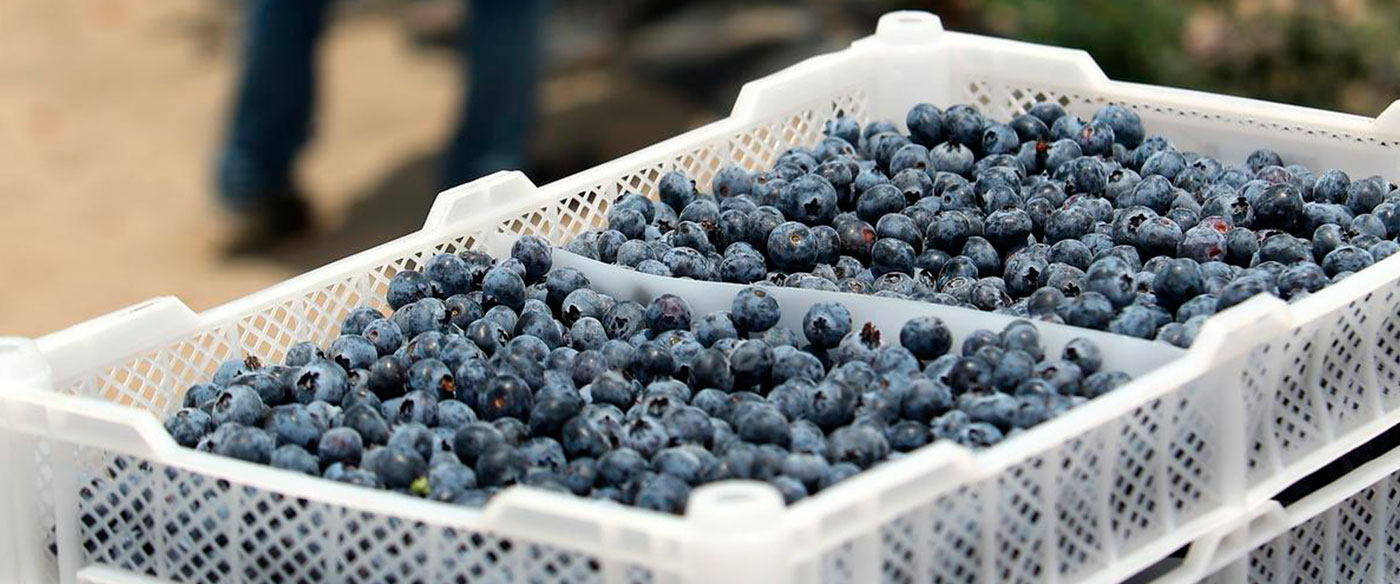Colombia will increase its blueberry cultivation from 650 to between 3,000 and 5,000 hectares by 2026, according to Forbes Colombia, based on estimates from the Unidad de Planeación Rural Agropecuaria (Upra). This expansion, which represents an increase of 669.23%, is focused on areas such as Antioquia, Cauca, the Coffee Axis, and Nariño, adding to already productive regions like Bogotá and Boyacá. The projection seeks to leverage the country’s potential to produce blueberries year-round, offering a competitive advantage over producers such as Chile, Mexico, and Peru by supplying markets during off-peak periods.
Export Potential Compared to Current Figures
In 2024, Colombia exported 628,235 kilograms of blueberries, valued at 3.3 million dollars, according to figures from the Departamento Administrativo Nacional de Estadística (Dane), as cited by Forbes Colombia. Although still far from Peru’s export volumes—which projects a 25% growth in 2025—Colombia aims to establish itself as a reliable supplier for the United States, Europe, and Asia, thanks to its climate that allows uninterrupted production 365 days a year.
Territorial Expansion Without Public Investment Details
Forbes Colombia details that the Upra has identified new areas with optimal agroclimatic conditions, but no investment amounts or private actors involved in the expansion have been specified. It was also not detailed how many of the projected hectares will be operational in each region. The statement did not include any information on state incentives or direct technical support for small rural producers, a relevant point concerning the territorial impact of the crop.
Regional Competition and Pending Challenges
Countries such as Chile, Mexico, and Peru face increasing competition, especially when it comes to supplying markets outside of their main production seasons. However, there are no public figures on Colombia’s projected export volumes for 2026, nor on possible trade or logistics agreements to expand its presence in international markets.
Likewise, no information was provided regarding environmental impact studies or the post-harvest processing capacity in the new producing regions—factors that are critical for the sustainability and efficiency of the projected growth.
In this context of growth and consolidation in the agro-export sector, Araya & Cía. Abogados, a law firm specializing in agricultural law and international fruit trade, offers its advisory services to companies looking to expand their operations in Colombia and in major global markets. With a presence in the country, we provide legal and strategic support to agro-exporters to optimize their regulatory compliance, strengthen their commercial opportunities, and ensure the success of their exports in a highly competitive environment.






